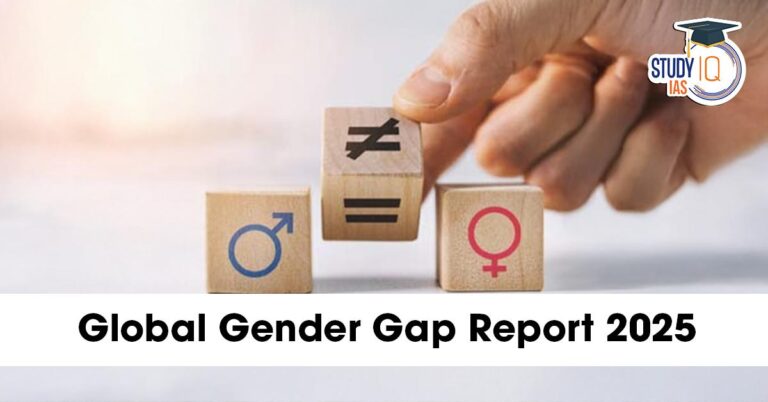Understanding the Gender Wage Gap
The gender wage gap in Papua New Guinea is a complex issue shaped by various socio-economic factors. Understanding this gap is essential for developing effective policies to address inequities. Wage disparities are influenced by cultural norms, educational opportunities, and employment sectors where women are underrepresented.
Impact of Cultural Norms
Cultural beliefs often dictate the roles of men and women in Papua New Guinea, leading to systemic inequalities. These societal attitudes can discourage women from seeking higher-paying positions or negotiating salaries. Such cultural barriers reinforce existing wage gaps and stifle women’s economic empowerment.
Role of Education
Education plays a crucial role in addressing the gender wage gap. Limited access to education for women contributes significantly to their lower earning potential compared to men. By investing in female education, the country can cultivate a more skilled workforce and enable women to compete effectively in various sectors.
Employment Sectors
Women in Papua New Guinea are often overrepresented in low-paying sectors such as agriculture and informal work. This lack of representation in high-paying sectors contributes to the gender wage gap. Encouraging women to enter diverse fields and providing training can help mitigate wage disparities.
Government Policies and Initiatives
Effective policies are vital for reducing the gender wage gap in Papua New Guinea. Government initiatives aimed at gender equality in the workplace, such as equal pay legislation, can create a more equitable labor market. Collaboration with NGOs and international organizations can further support these efforts.
Community Awareness and Advocacy
Raising awareness about women’s rights and advocating for gender equality are essential steps in closing the wage gap. Community campaigns can empower women and encourage societal change, resulting in a more supportive environment for female workers. Organizations such as The Borgen Project are working towards this goal, with resources available at this link.
Conclusion
Addressing the gender wage gap in Papua New Guinea requires a multifaceted approach. Through education, policy reform, and community advocacy, it is possible to create a more equitable future for women in the workforce. By taking these steps, Papua New Guinea can progress towards gender equality and overall economic growth.

